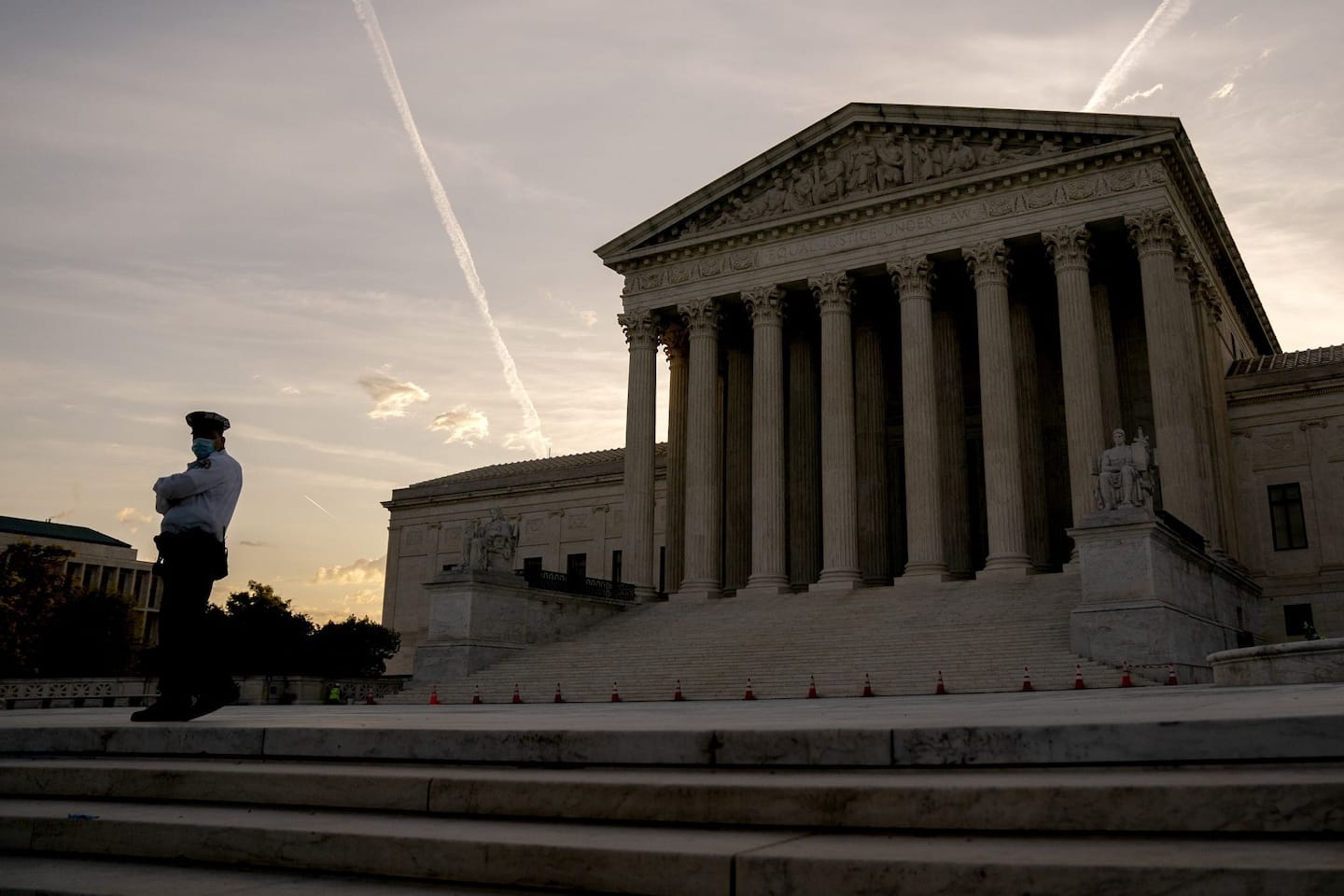The Supreme Court has shown it remains committed to freedom of religion — for now

When that question inevitably arises, the court must take care to distinguish cases of genuinely neutral laws from laws that appear neutral but have the intent of coercing or punishing belief. Government policies that, for example, make substances such as peyote illegal, even though they are used in Native American religious ceremonies (as was at issue in Smith), would likely fall into the former camp. That’s because, while it places a real burden on religious practices, the effect is unintentional. However, policies that specifically set conditions on the receipt of government benefits that violate religious beliefs — as was the case in Fulton — clearly fall in the latter camp, and should be unconstitutional.
Source: WP






